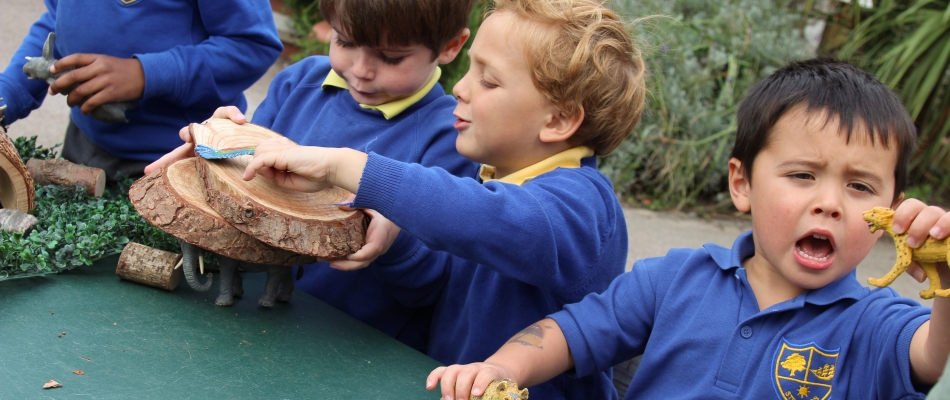Pupil Premium
What is the Pupil Premium?
The Pupil Premium is money from a government fund designed to help disadvantaged children and young people do well at school.
In the 2021 to 2022 financial year Stillness Infants will receive £1320 for each pupil registered as eligible at any point in the last 6 years.
This criteria for eligibility is where parents/guardians are in receipt of one or more of the following benefits:
Income Support
Income-based Job Seekers’ Allowance
Income-related Employment and Support Allowance
Support under Part VI of the Immigration and Asylum Act 1999
The Guaranteed element of State Pension Credit
Child Tax Credit, provided you are not also entitled to Working Tax Credit, and have an annual gross income, of no more than £16,190 as assessed by Her Majesty’s Revenue and Customs1
Working Tax Credit run-on – paid for 4 weeks after you stop qualifying for Working Tax Credit
Click here to find out if you’re eligible.
Our key objectives in using the Pupil Premium Grant are to close the attainment gap between disadvantaged pupils of all abilities.
Through targeted interventions we are working to eliminate barriers to learning and progress. For children who start school with low attainment on entry, our aim is to ensure that they make accelerated progress in order to reach age related expectations or above as they move through the school.
Improve the academic outcomes of disadvantaged pupils of all abilities.
We have analysed our data and have made use of research on good practice in using Pupil Premium funding, such as the Education Endowment Foundation Teaching and Learning Toolkit to inform our decision making.
How much pupil premium money does our school get ?
The Pupil Premium for 2021 -22 was £38.590
How is it spent?
Some children may need financial help so that they can take part in trips and activities.
If children are behind in English, maths or other subjects, we may arrange for them to have special small group or one-to-one teaching. We call these ‘intervention programmes’. We choose the classroom approaches and intervention programmes that research shows work.
We spend some of the money on training for staff to make sure they are up to date with the latest knowledge about what works for disadvantaged children/young people.
How much parents and carers get involved with their child’s learning makes a very big difference to how well they do at school. So we also spend money on activities that help keep you informed about their targets, and confident in knowing how to support their learning.
How will parents know it is working?
We track all children’s progress each term, so we can quickly see if plans are working.
If your child takes part in an intervention programme, we will also measure how they are doing at the start of the programme, and the end, so we can see the difference.
We will report to you at parents’ evenings, held each term but if you would like information on your child’s progress at any time, please get in touch with your child’s teacher.
Where can I get more information?
For more information about how we plan provision and track progress please speak to your child’s teacher in the first instance. Mrs. Grimes, the Head or Mrs. Banister, Deputy Head, will also be happy to help.
I am not sure if my child could be eligible for Pupil Premium – where can I get more information?
Please speak contact the school office, in confidence . They will be really glad to help.
What did we find out last year about how well the Pupil Premium had worked?
Last year we found that children who had received intervention programmes did make accelerated progress.
How will we spend the money this year?
We aim to continue providing intervention programmes that we know to be effective. In addition we will be looking into other avenues of spending, eg: training of teaching and support staff on specific aspects of learning and assessment. We will also be looking to provide additional opportunities in and out of school for pupils eligible for free school meals, as well as developing home learning packs to enable them to more easily carry out homework tasks.

